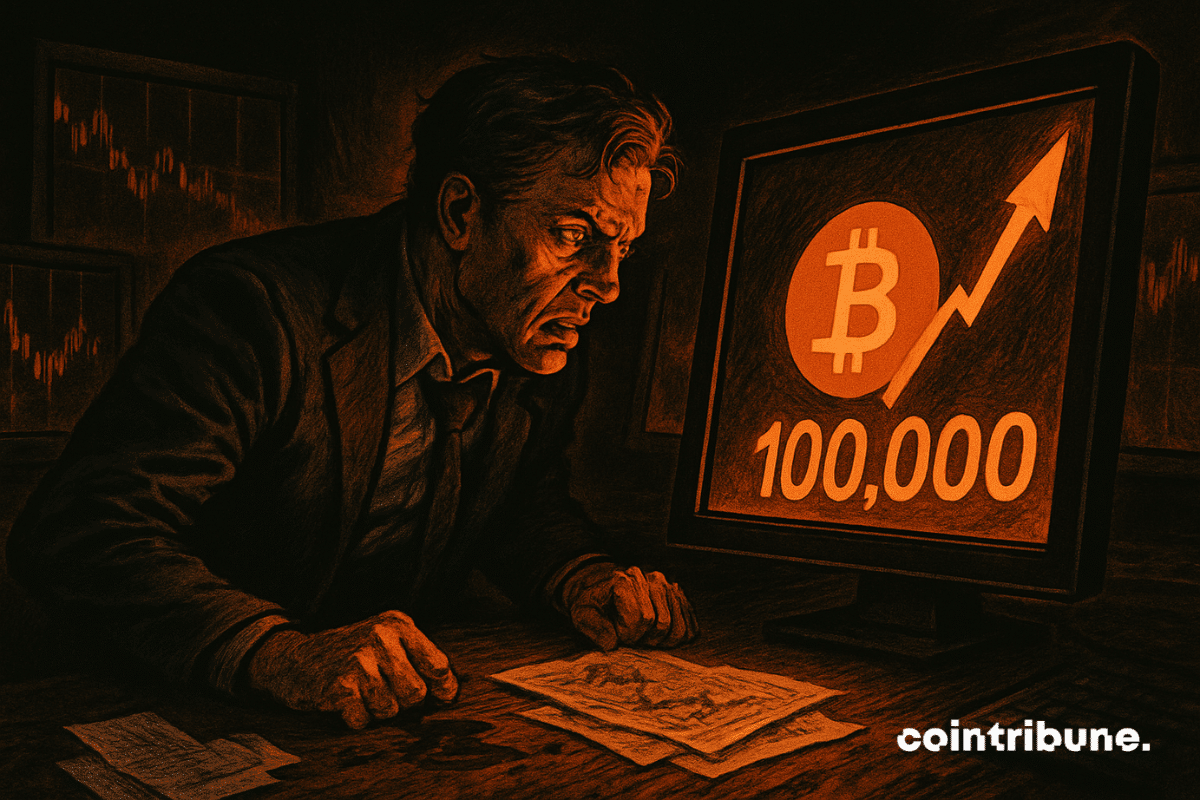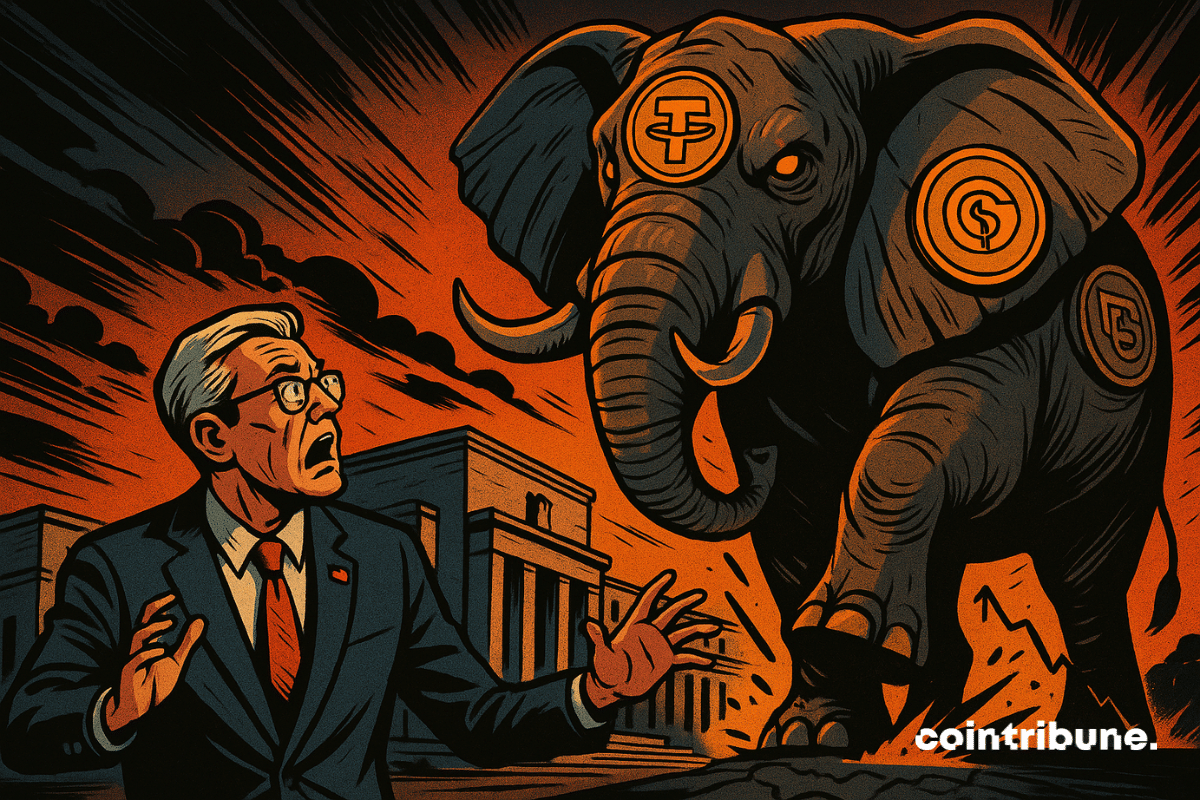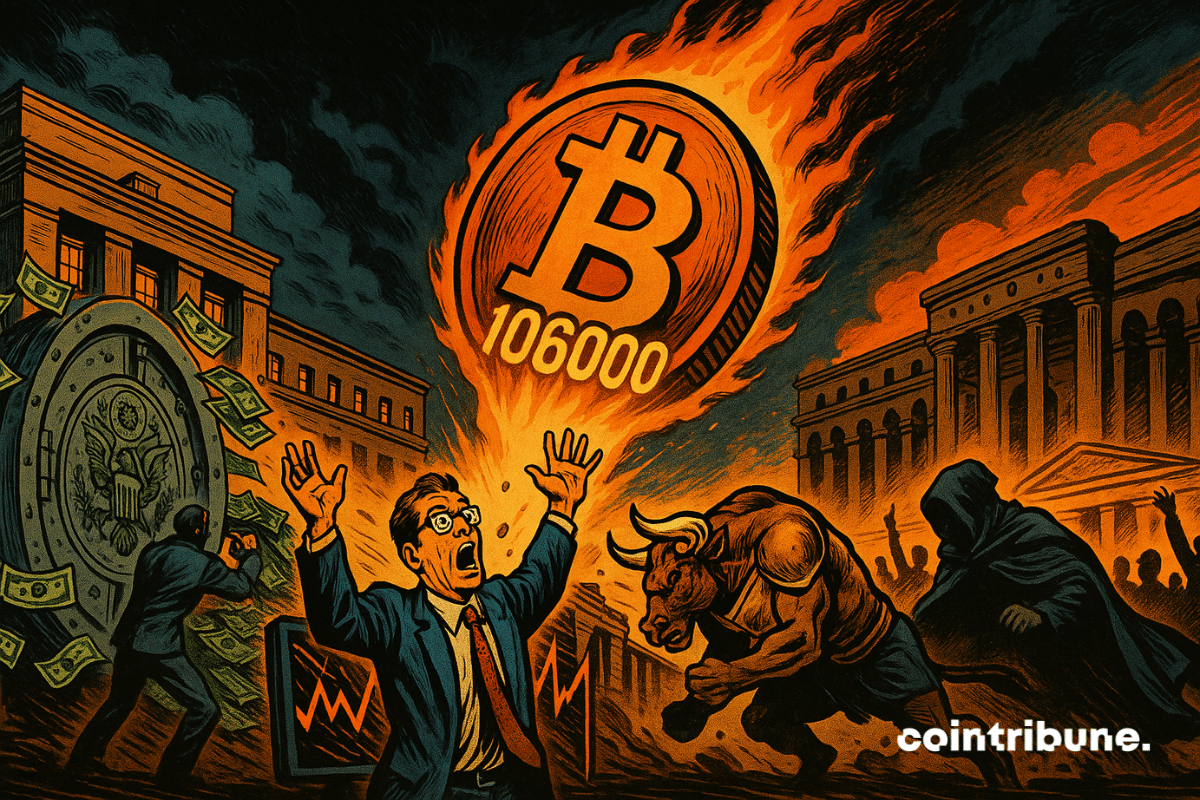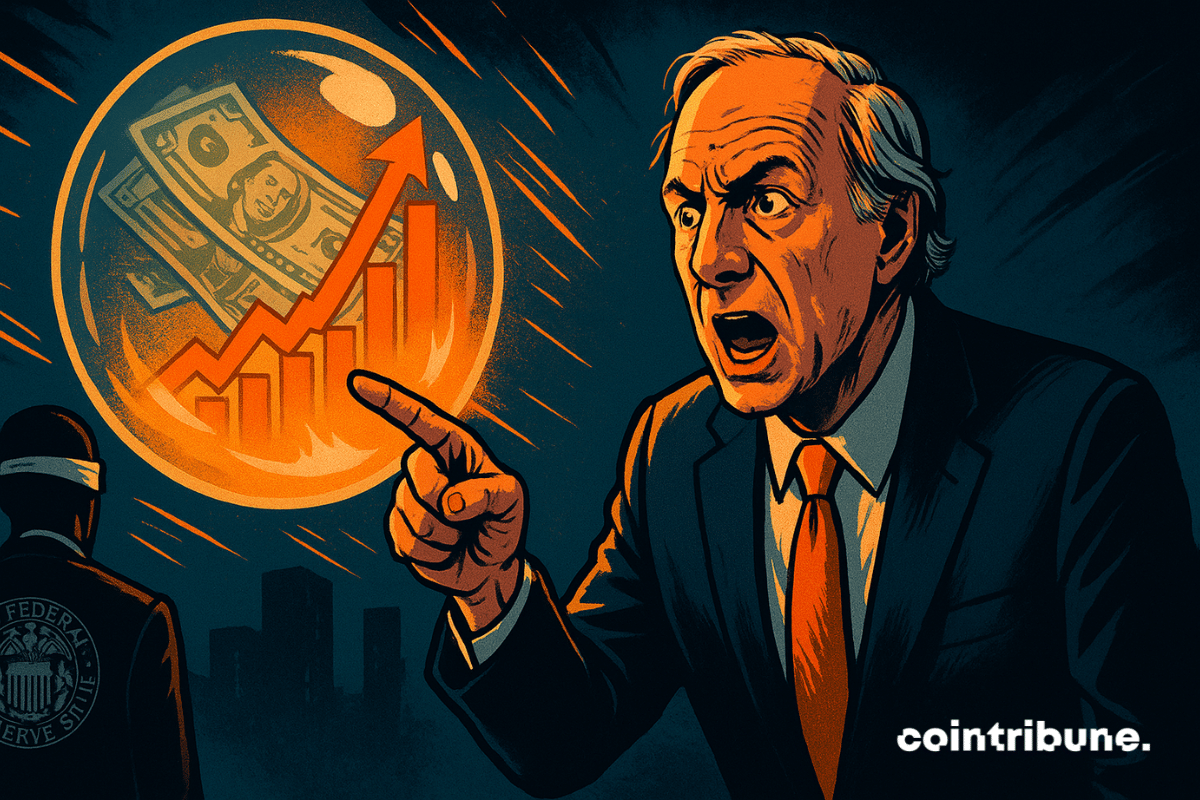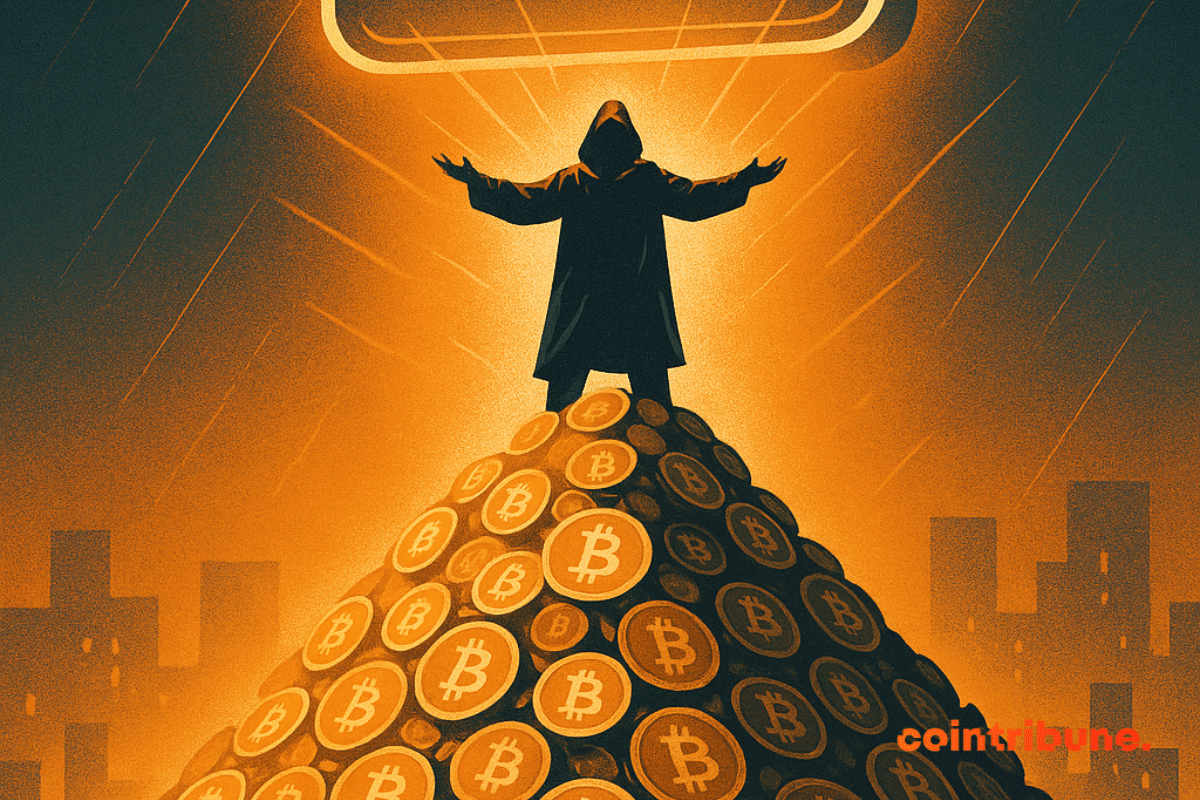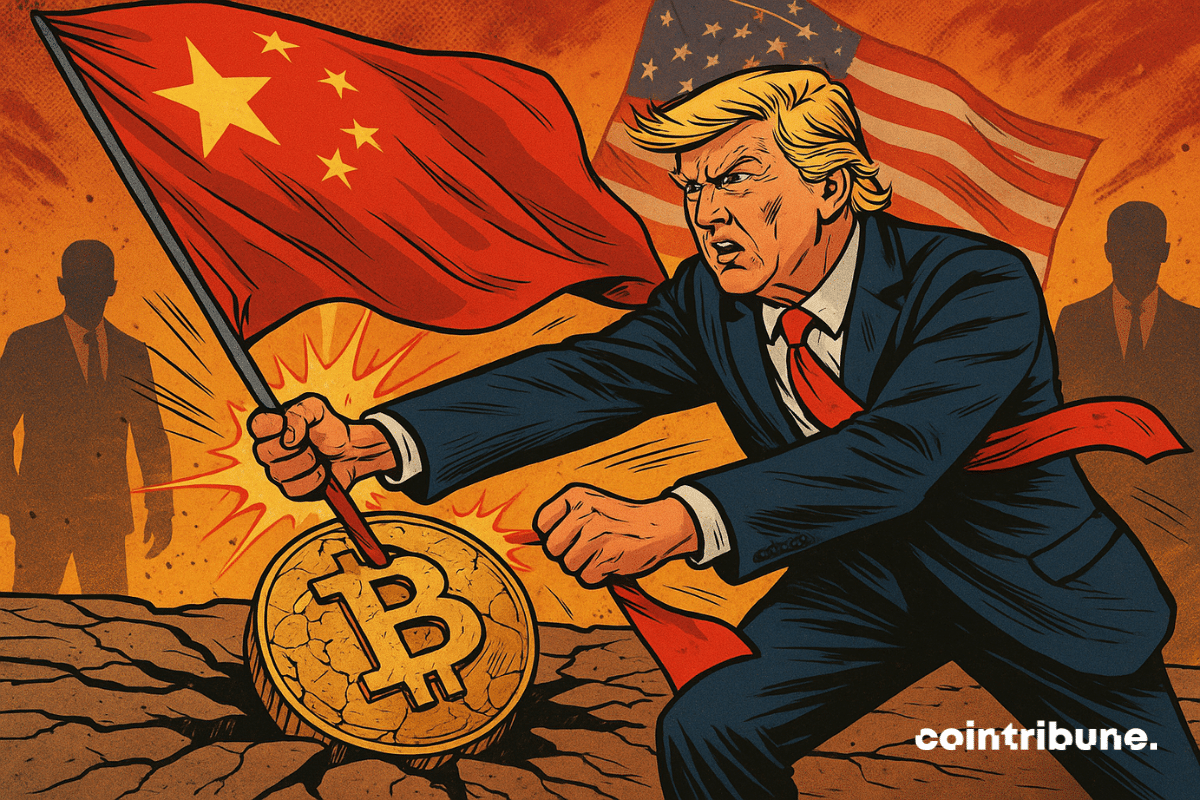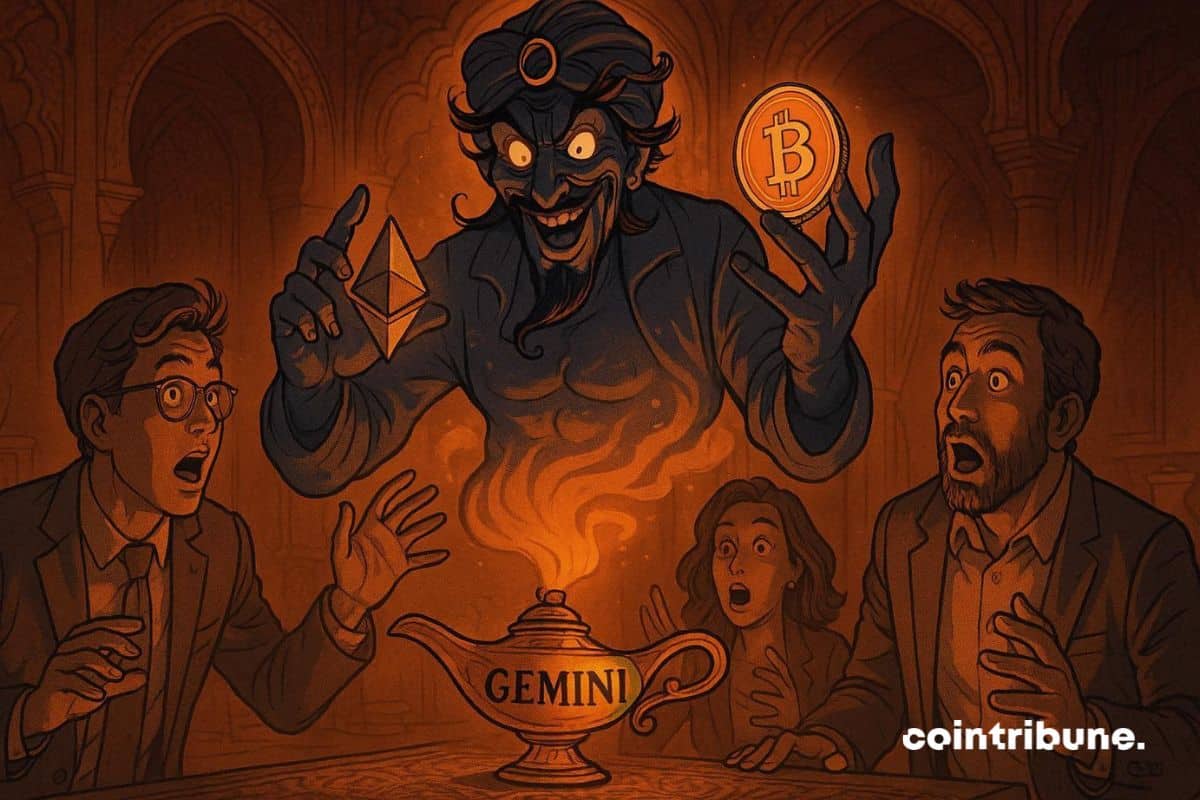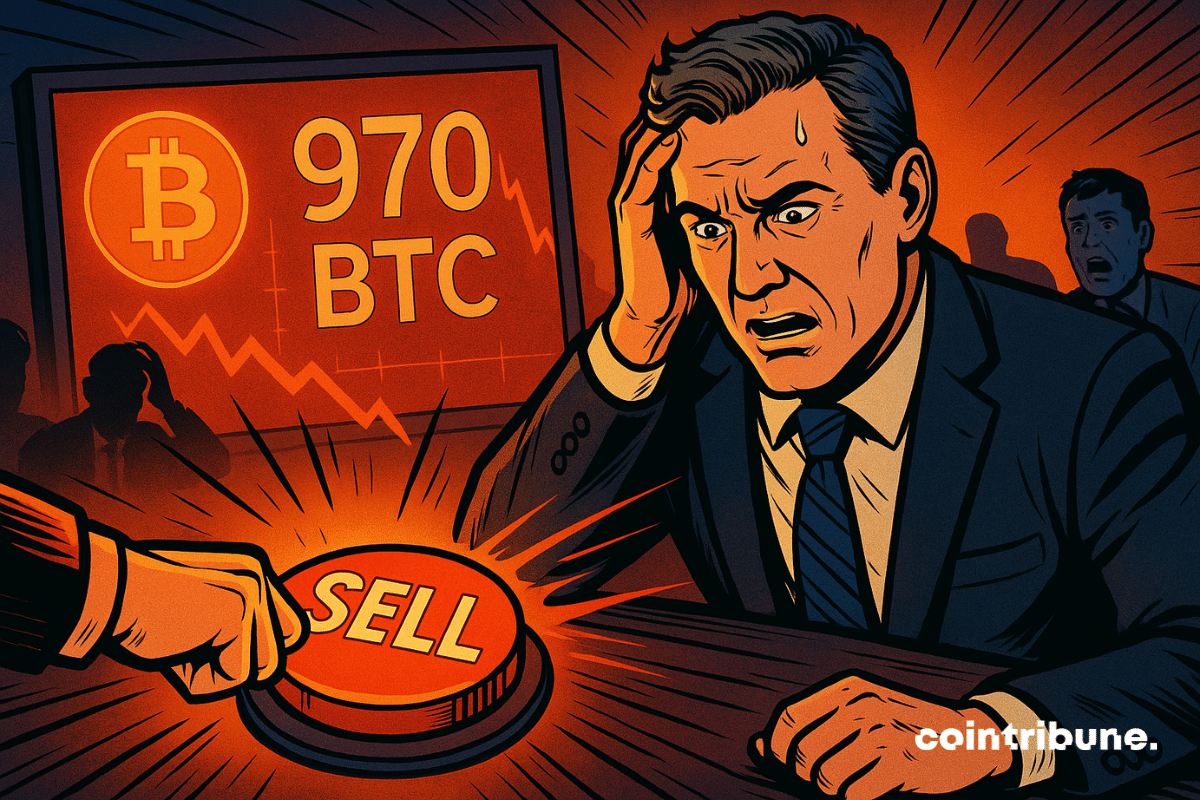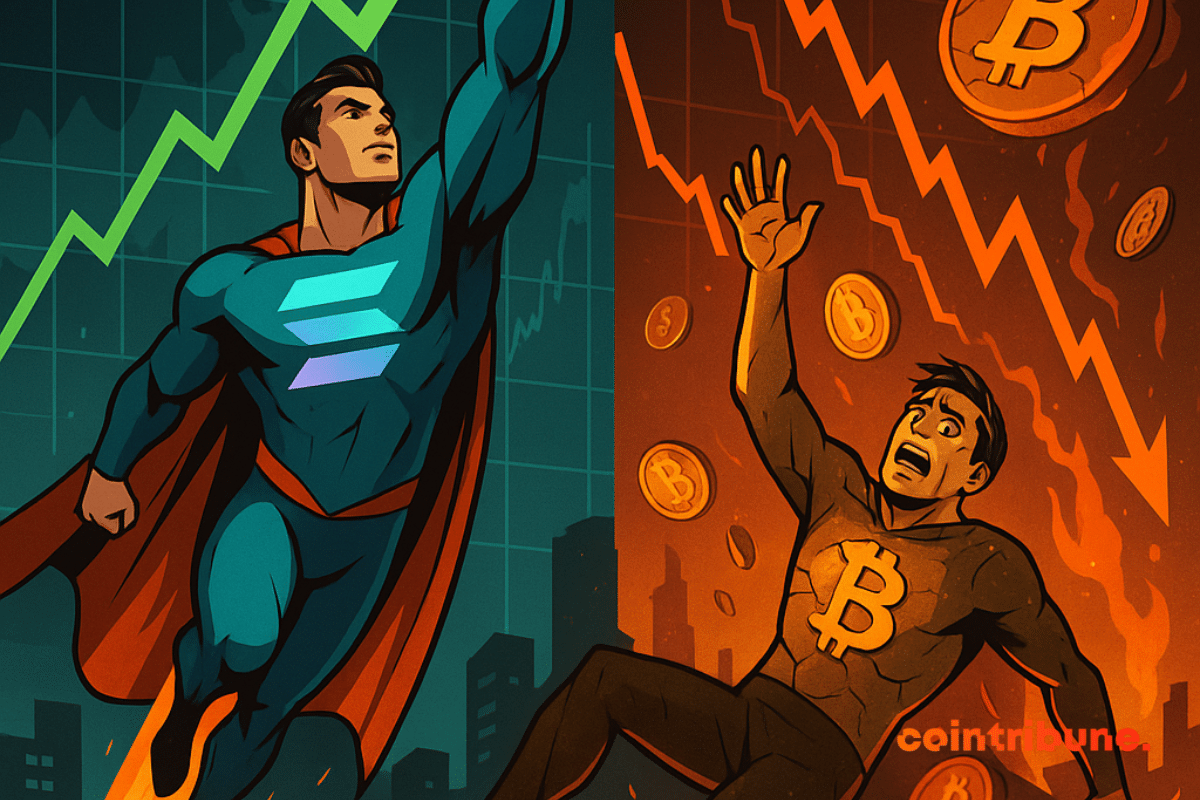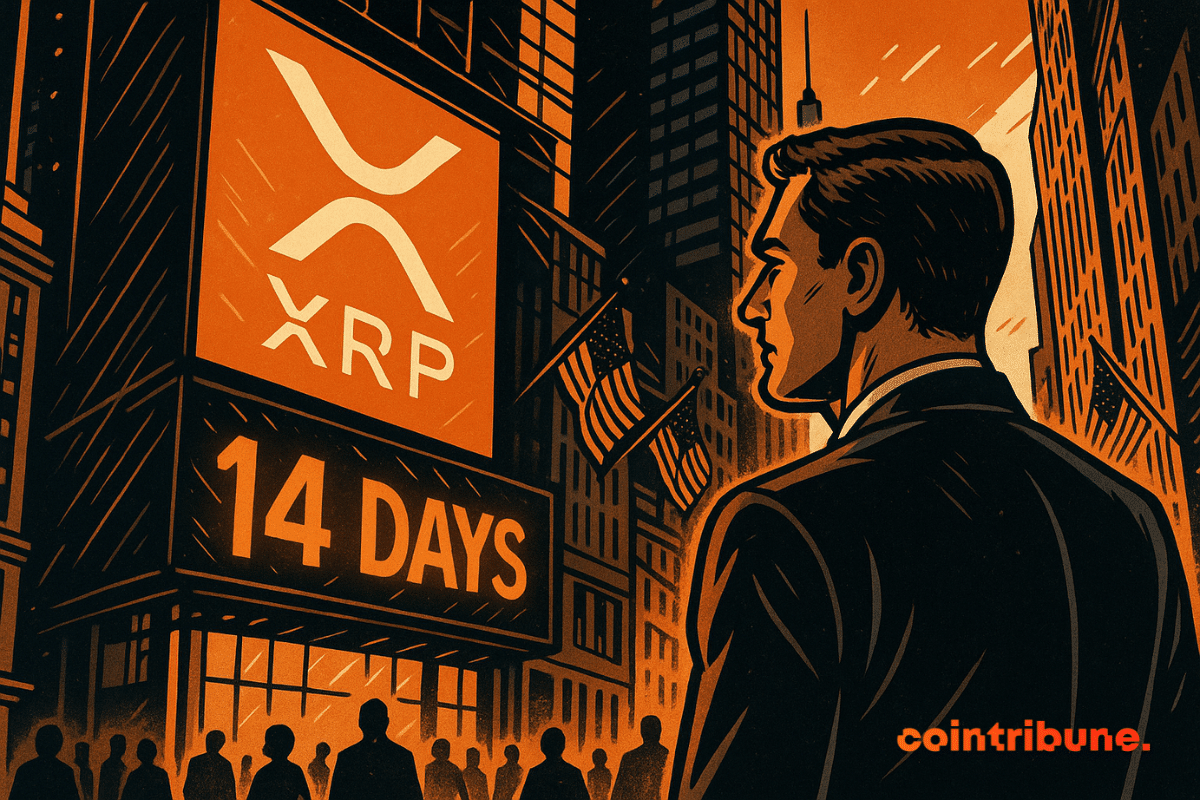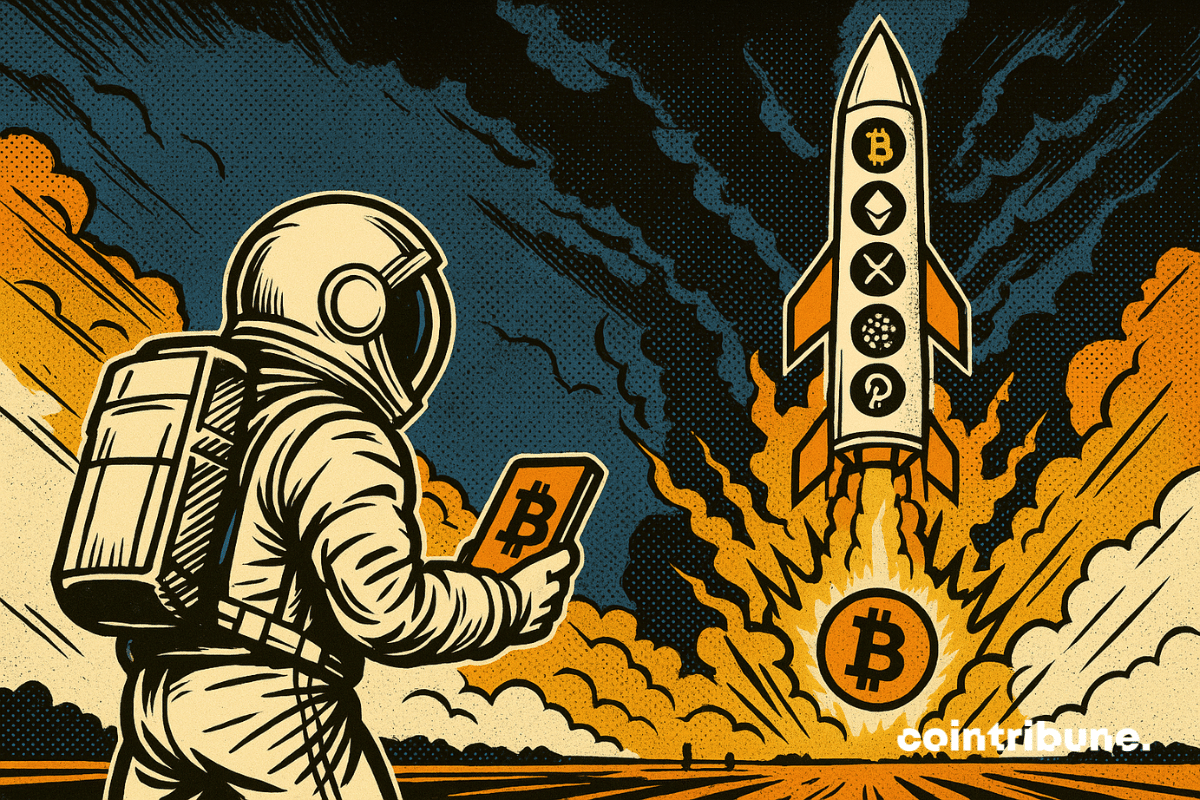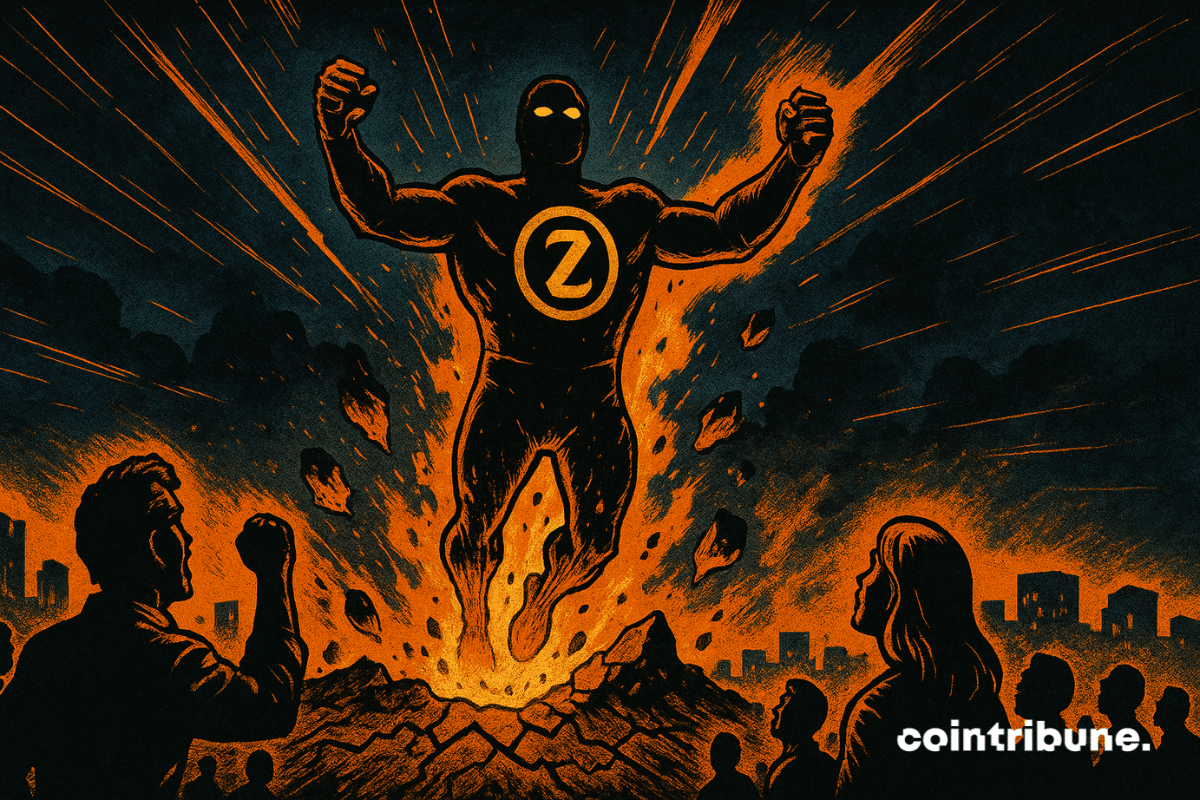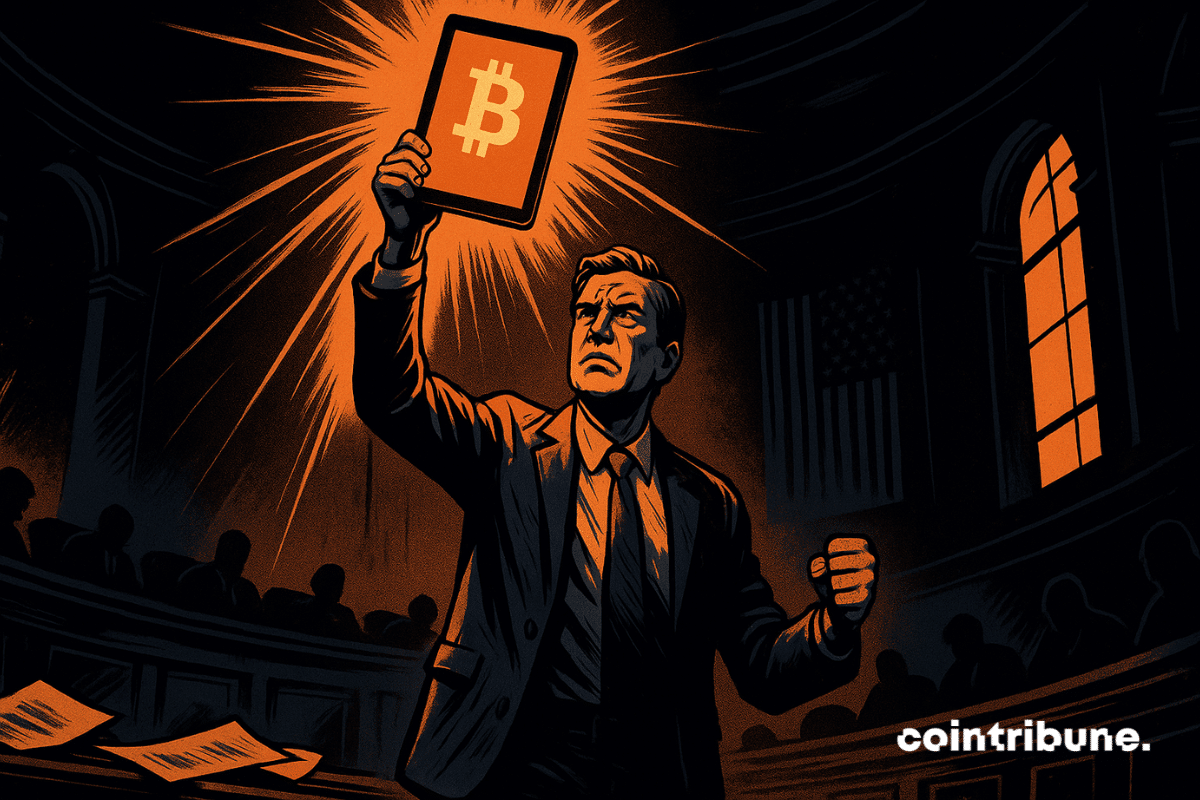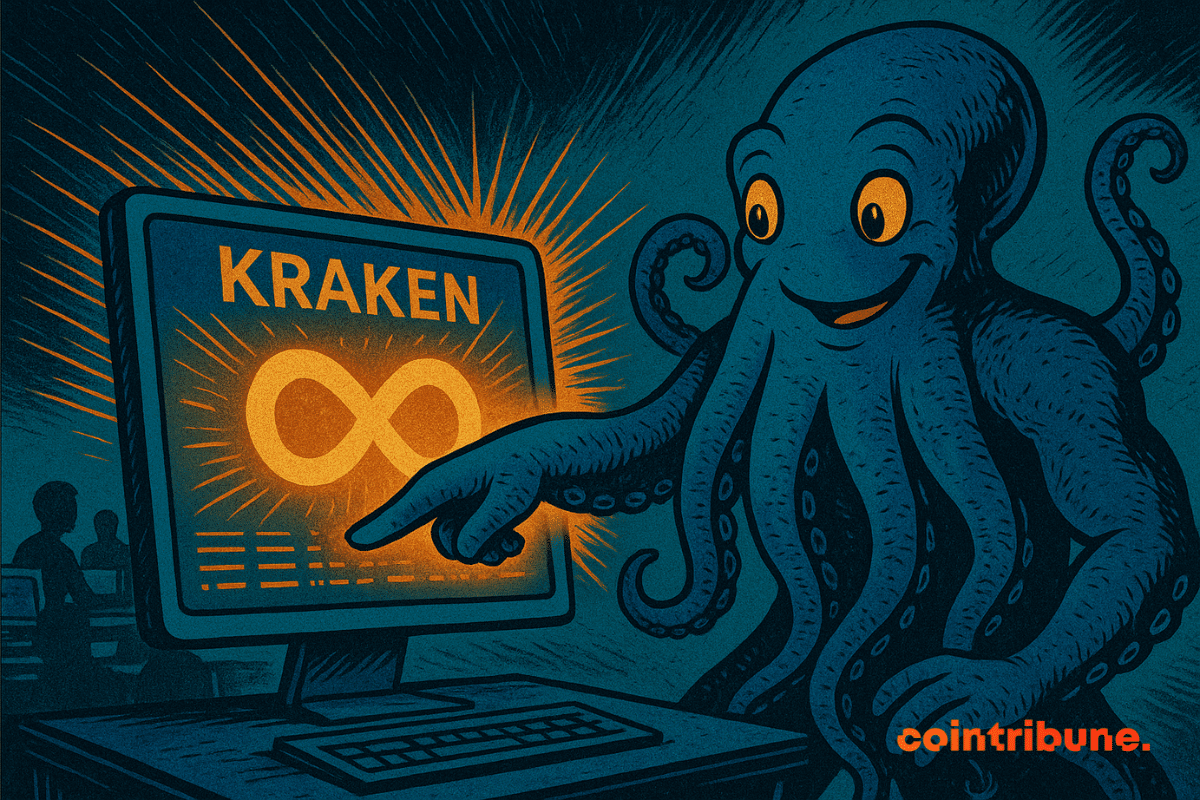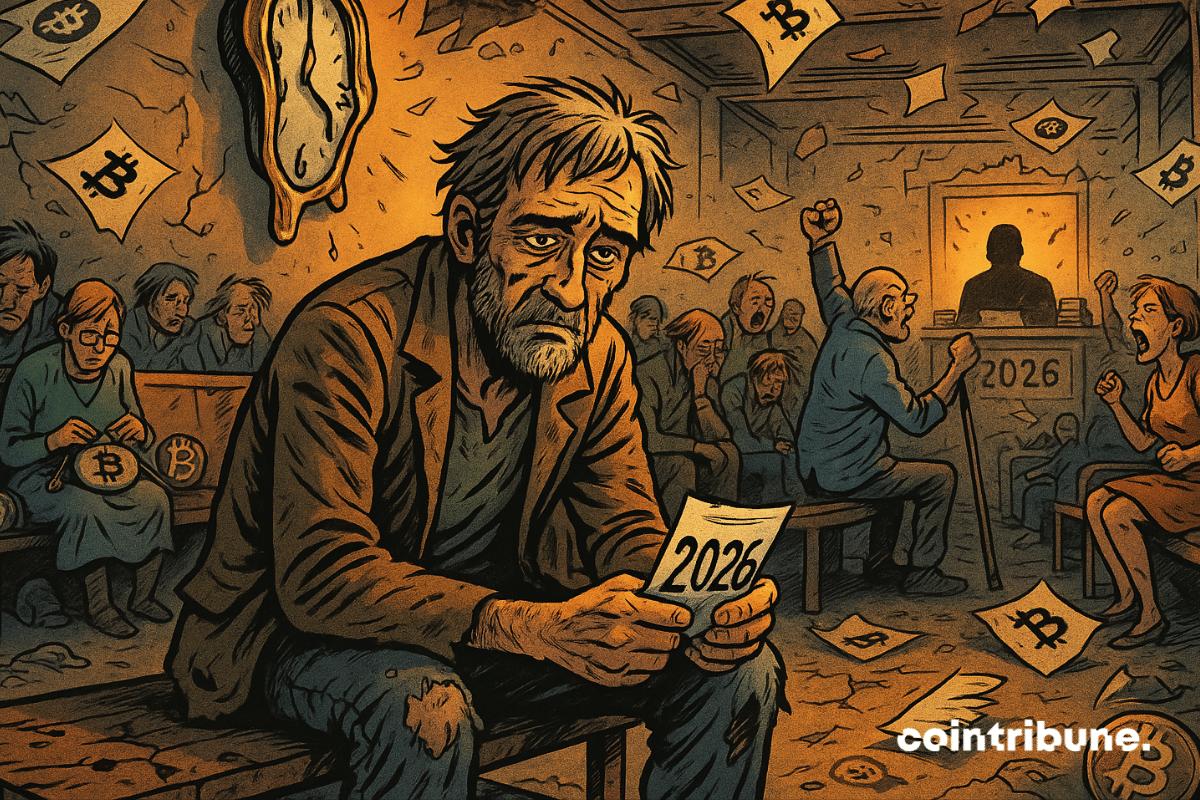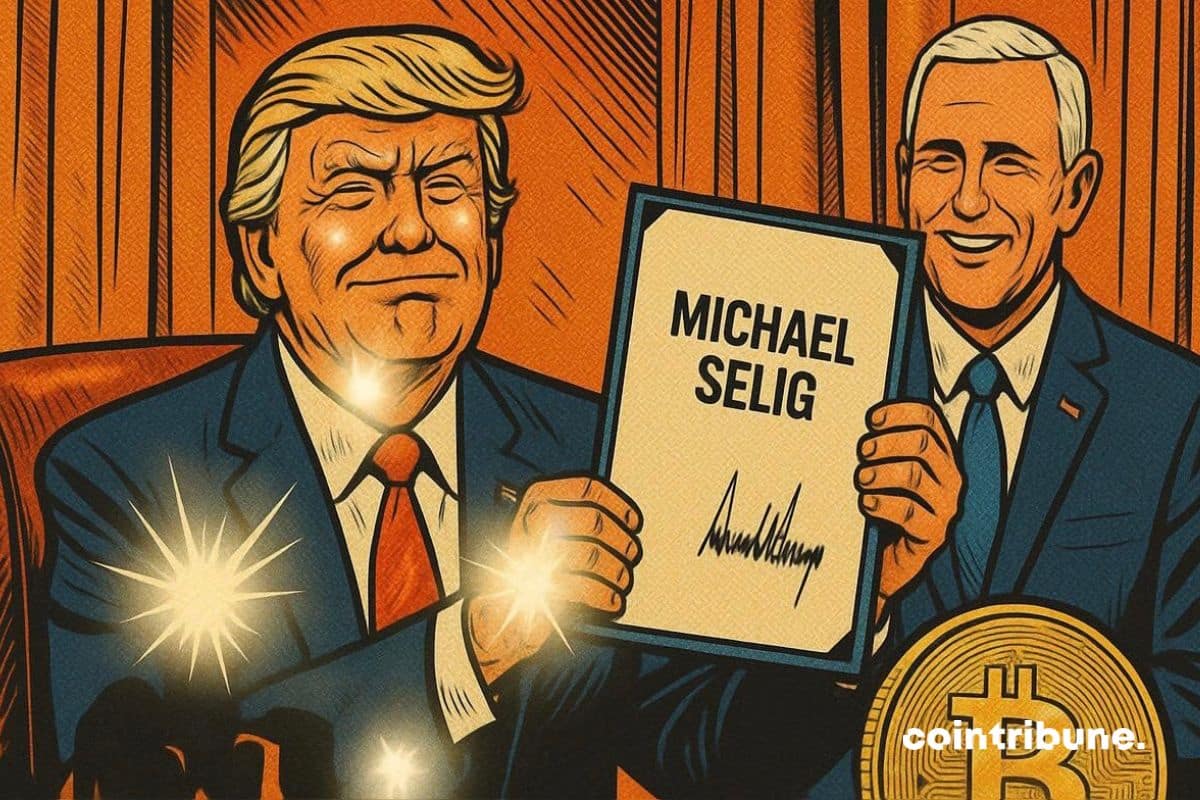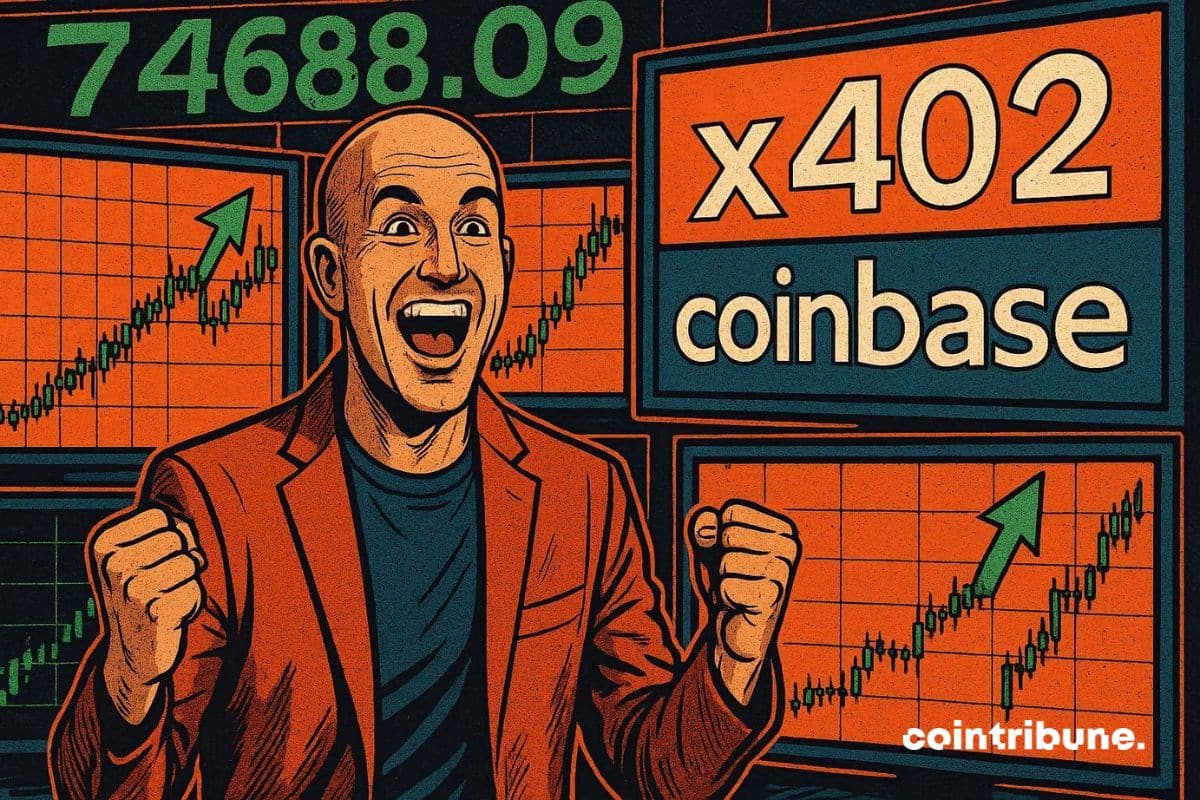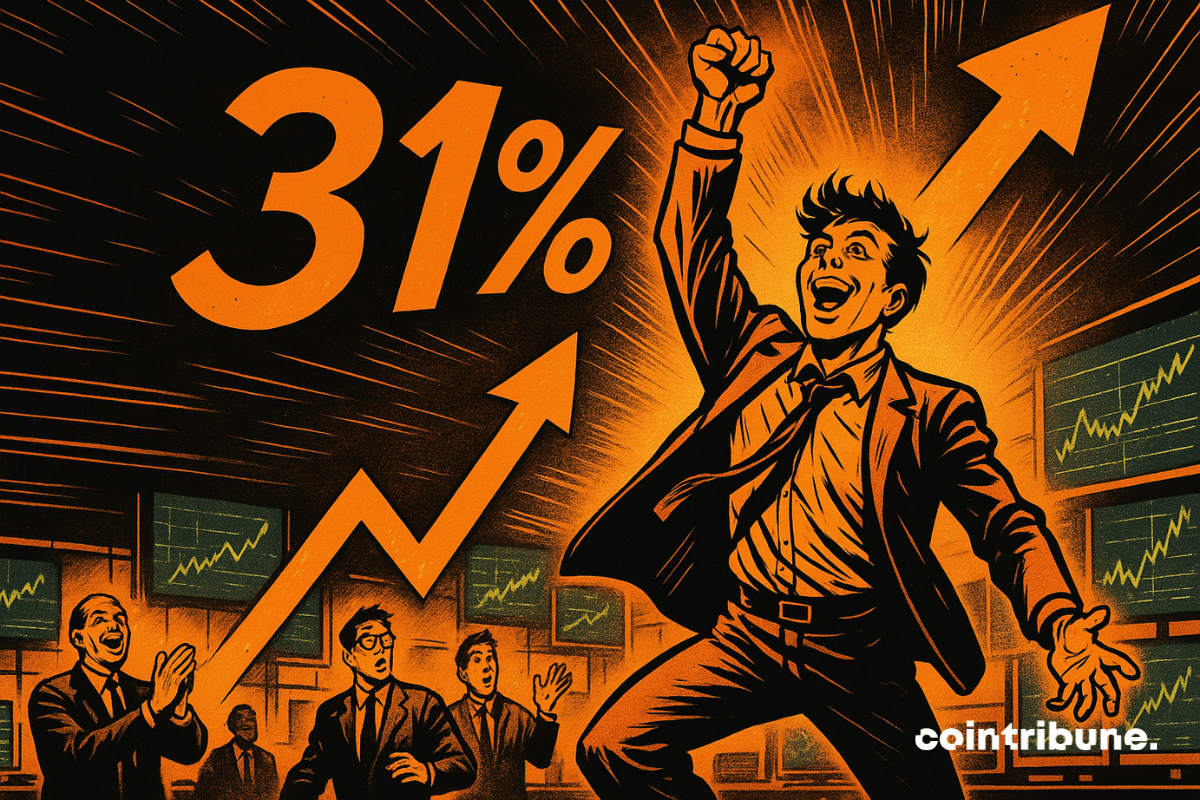Bitcoin’s sharp rebound, fueled by optimism over the end of the 40-day U.S. government shutdown, has split traders. While most market watchers welcomed the recovery, aggressive short sellers faced a costly squeeze. High-risk trader James Wynn is at the center of the turmoil after a series of rapid losses pushed him into an even larger short bet.
One World Loyalty Posts To Read RSS
When crypto plays central banker, the Fed sweats under its suit. Stablecoins, hidden treasures, and plummeting rates: guess who really runs the world?
Bitcoin reaches $160,000 and may be ready to explode? In this article, discover why the crypto market is heating up again.
Growing interest in Ethereum’s long-term outlook has pushed validator queues higher for both entry and exit. Recent data indicate that roughly 1.5 million validators are waiting to join the staking system, while approximately 2.45 million ETH are in the exit queue. These conditions mark a busy period for participants who choose native staking over liquid staking alternatives.
A steady shift toward digital assets is underway across the hedge fund sector, as an increasing number of managers incorporate crypto positions. Rising market activity and clearer signals from U.S. policymakers have been key drivers of this trend. In fact, recent survey data indicate a broad transition that is gradually pulling crypto further into mainstream finance.
The US Federal Reserve stimulates the economy even as markets soar and employment remains strong. For Ray Dalio, this unusual combination bodes ill. The legendary investor sees it as symptoms of the end of a major economic cycle, where excessive debt forces monetary authorities to play with fire.
A milestone has just been reached. Addresses accumulating Bitcoin have purchased 214,069 BTC over 30 days and bring their aggregated stock to 387,305 BTC as of November 5. This surge is not due to chance: it relies on investors with a precise profile and on a market mechanism that has become, whether we like it or not, institutional.
Trump, crowned president of mental mining, dreams of a bitcoin empire while Beijing prepares its tokens... A crypto-crusade to follow between tweets, stablecoins, and the digital yuan under surveillance.
Google hides its spy in your dashboard: Gemini, a talkative, geolocated, multitasking AI that guides you... and maybe watches you. Soon a driving license for robots?
Prediction markets are about to disrupt crypto finance, and Gemini has just made the move. Between disruptive innovation, tense regulation, and Ethereum’s key role, this revolution could redefine investment. Analysis of the stakes and opportunities not to be missed.
Sequans, bitcoin's friend just yesterday, quietly dumps 970 tokens: tactic or panic? Meanwhile, crypto markets are tying themselves in knots with their wallet.
The cryptocurrency market is experiencing a turbulent start to the quarter. While Bitcoin falters under the weight of massive capital outflows, Solana surprises by attracting an unprecedented institutional influx. A striking contrast that illustrates a possible turning point in the crypto market balance
When an analyst announces the XRP ETF for two weeks from now, financiers get excited, regulators slip away… and the crypto world holds its breath (but not its wallet).
In a rebuilding sector, Ripple takes a strategic step by launching its primary spot brokerage service aimed at American institutions. This turning point, made official at the Swell 2025 conference in New York, relies on the acquisition of Hidden Road, finalized in October. By betting on an integrated infrastructure, Ripple intends to capture a growing demand for professional asset trading services, at a time when market standards are being redefined.
The Ethereum Foundation changes the game: no more random grants, instead an ultra-targeted strategy to boost innovation. Wishlist, RFPs and impacts on ETH... Decoding a revolution that could redefine the future of crypto and make prices explode.
As the crypto market moves toward a new bullish cycle in 2025, identifying promising projects becomes crucial for investors. This selection analyzes seven cryptocurrencies that, through their technological innovation and growing adoption, position themselves as strategic choices. Each project solves concrete problems and stands out against its direct competitors.
Are cryptos on their way to becoming a burden for French investors? A recently adopted amendment in the National Assembly could change the game. Bitcoin, Ethereum, and other digital assets would soon be taxed as "unproductive wealth," on the same level as yachts and hoarded gold.
Crypto explosion: Zcash emerges from an 8-year bearish cycle and climbs to the top. We tell you more in this article.
Despite the paralysis of the federal government, Republican lawmakers are staying the course on their ambitious crypto schedule. Several key senators say they want to pass a landmark digital assets law before the end of the year. But will this promise hold against the budget deadlock blocking Washington?
Michael Saylor sees bitcoin soaring to the skies, Wall Street is converting... What if the crypto guru was still right despite geopolitical turbulence?
Kraken has just reached a major new milestone by launching Kraken Perps (Kraken perpetual contracts), available since September 11, 2025, in select regions for eligible clients worldwide. This initiative marks a significant democratization of crypto derivatives trading, previously reserved for experienced traders.
On October 16, 2025, Bybit EU officially launched its Rewards service, a fixed-term product designed for the Bybit EU Earn platform. This initiative marks an important step in the exchange's strategy to conquer the European market, six months after obtaining its MiCA license from the Austrian financial authority (FMA) in May 2025.
Mt. Gox has delayed repayments to creditors again, with many still waiting while the exchange continues to hold 34,689 Bitcoin.
While the West debates, Kyrgyzstan launches stablecoin, CBDC, and crypto reserve with the help of a well-known exile: CZ. Digital ambitions or Soviet PR stunt?
In a crypto sector marked by insolvency scandals, led by FTX, financial transparency has become a decisive criterion for investors. OKX, one of the leading global exchange platforms, has understood this well: since October 2022, it has been publishing its Proof of Reserves (PoR) monthly, a cryptographic report that allows verification that user deposits are actually covered by real assets. With its 29th report published on March 31, 2025, the exchange shows 24.6 billion dollars in primary assets and a reserve ratio above 100%. But what exactly does this proof of reserves mean? And why does OKX stand out in this area?
Donald Trump has just appointed Michael Selig to lead the CFTC, a decision that could disrupt the future of cryptocurrencies. With a pro-crypto profile and a clear vision, Selig embodies the American ambition: to become the global capital of crypto.
In one month, Coinbase's x402 protocol saw its transactions jump by 10,000%, with a record 239,505 operations in one day. A revolution in crypto, where AI and autonomous payments redefine the rules. Dive into the behind-the-scenes of this meteoric rise and its challenges for the future.
Coinbase, the well-groomed crypto exchange, is cooking up a Base token. JPMorgan sees billions there. Should we worry when banks applaud tokens they do not control?
Spot is making a comeback, Binance still reigns, and ETFs attract big fish: crypto hasn't said its last word... except for altcoins that are sulking.
Ferrari hits hard: an unprecedented crypto auction for its legendary 499P Hypercar, triple winner of Le Mans. Discover how the Ferrari 499P token, AI, and blockchain are transforming automotive luxury. A historic turning point not to be missed for tech and speed enthusiasts.
